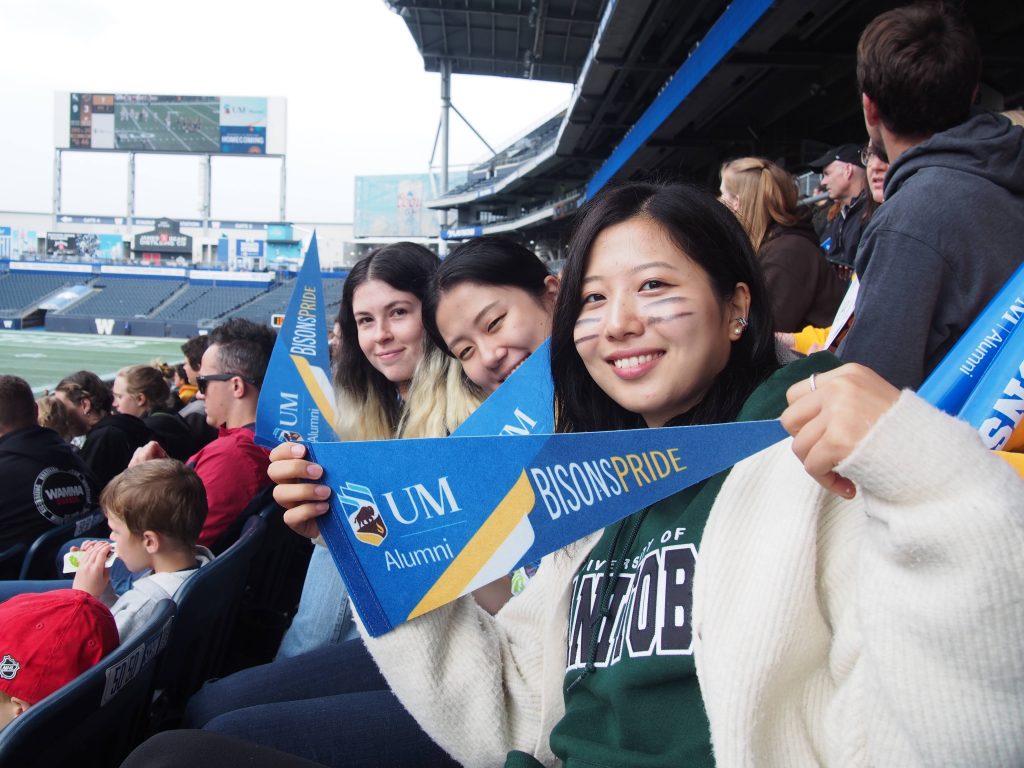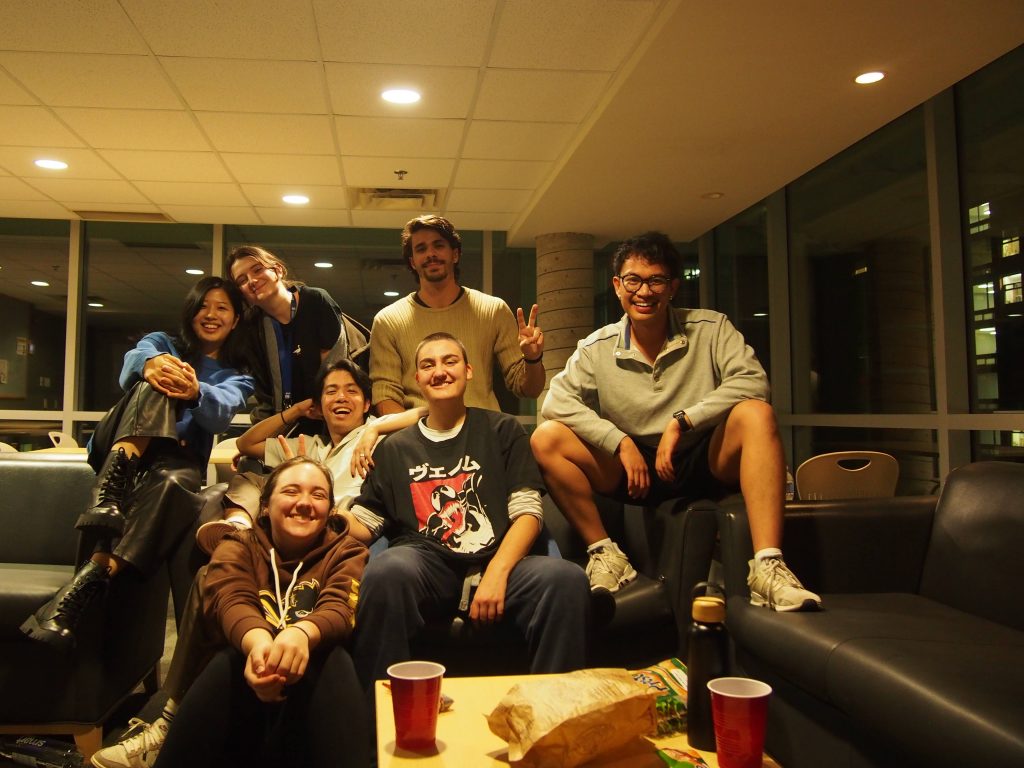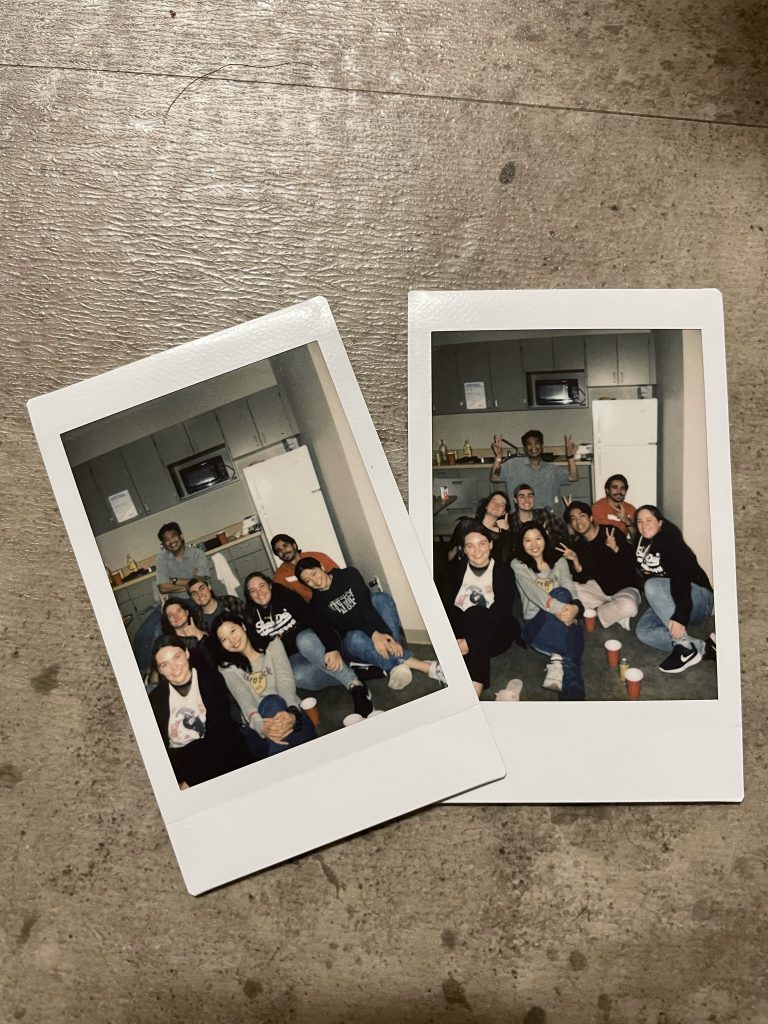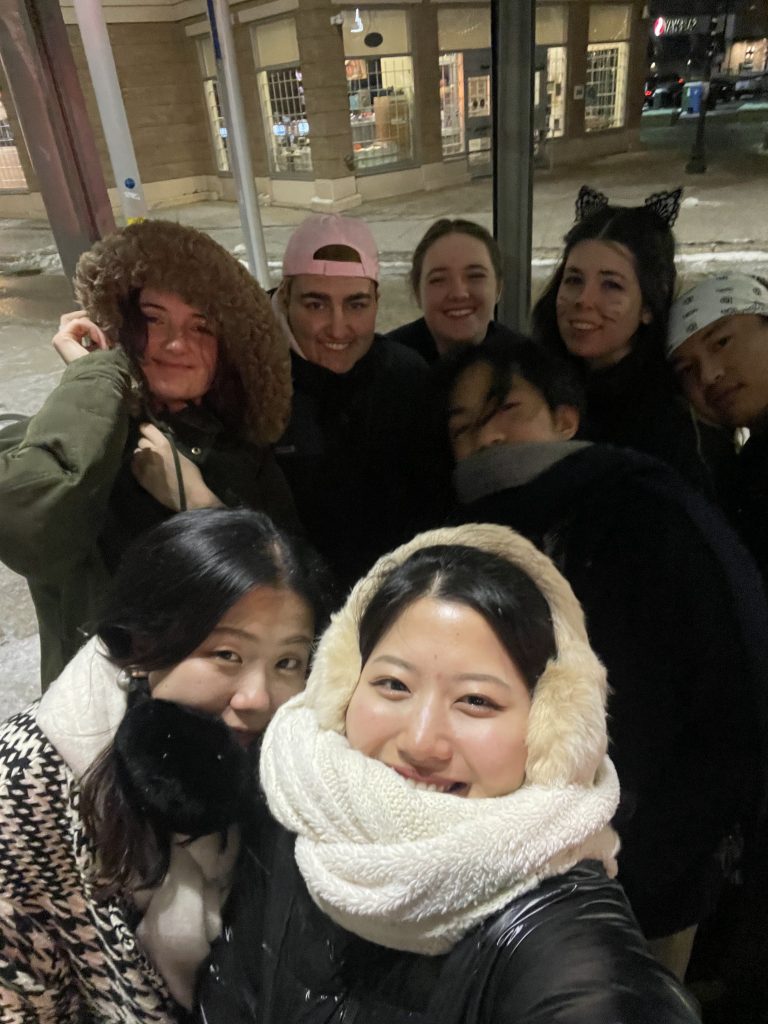Discovering Similarities Between Japan and Canada Through Personal Encounters and Education

■Name: Erika Yamamoto
■Faculty/Department/Year (at time of study abroad): Department of Liberal Arts, Faculty of Liberal Arts, 3rd year
■Period of study abroad: September 2023 - April 2024
■Place of study abroad (country/university): University of Manitoba, Canada
■Type of study abroad: Exchange Program
Every year, many Sophia University students study abroad in countries all over the world outside of Japan. How did they manage to find their way through the differences in languages, cultures, and lifestyles? Here are some voices of students who studied abroad.
What made you decide to study abroad?
I grew up in several countries, including the UK and the Czech Republic, and was exposed to different values from an early age. However, when Ukraine was invaded, I became aware of the differences in how my friends who had gone to study abroad perceived information and reflected on the matter. This made me want to broaden my horizons by interacting with people of the same generation but owning different values. I also chose to study abroad, wanting to delve more deeply into international affairs and my social role.
How did you choose your study abroad destination (country and university)?
There are two main reasons why I chose Canada. First, it was a country I wanted to visit. Having spent my childhood in Europe and Japan, I wanted to be exposed to new values and perspectives that were unique to North America. I was intrigued by the unique worldview of North America, as well as the cultural and geographical differences between North America, Europe, and Japan. Second, my interest in Indigenous studies was sparked through my involvement in refugee support activities at university. I was drawn to the University of Manitoba in Canada because it is renowned for its programs in this field. At first, I was worried because there were no other Sophia University students studying abroad at the University of Manitoba, and I had no information about it.
What steps did you take to prepare for studying abroad, and is there anything you would do differently?
As soon as I received permission to study abroad and knew the schedule, I started preparing for my student visa. This included arranging round-trip airline tickets and applying for scholarships. It was fortunate that I had plenty of time to prepare.
On the other hand, I regret not applying for dormitory housing and the U.S. ESTA visa earlier. I missed the email announcing the April 2023 application period for university dormitories, so I couldn’t get into my first-choice housing. I also didn’t know that an ESTA was required even just for a layover in the U.S. when traveling to Canada. I went to the airport without it and had to get the visa issued at the last minute, nearly missing my flight.
How did you expand your social circle?

I participated in as many events as possible in order to meet new people. In my day-to-day life, I tried speaking to my classmates and friends, exchanging contact information and often asked them to spend time together outside of class.
What were the differences, if any, between Japan and the United States with regard to classes, course content, and exams?
I was impressed by how hard everyone worked in class. Even during times that weren’t exam periods, the library was full of students studying.
Since the Faculty of Liberal Arts is known for its heavy workload, I thought the class format, workload, and exams were fairly similar. However, more studies were available in specialized fields, such as criminal and gender economics, in terms of learning content. I found these studies very rewarding.
Outside of classes, what was your main priority?

I decided to explore new cities and shops, travel to different regions—like Toronto and Vancouver, not just Manitoba—and visit other countries. My goal was to experience and absorb new values and cultures.
So, what are the unique charms of studying abroad, and did you discover anything new?

I had the opportunity to meet people from a variety of cultural, religious, and ethical backgrounds, which I would otherwise never have had the chance to encounter in Japan. My interest in Japanese culture was also sparked by being exposed to the cultures and histories of other countries. In my case, it led to my in-depth study of the history of indigenous peoples.
I also realized that Canadians and Japanese share many similarities in terms of culture and values. Like, the way they start sentences with apologies and the whole emphasis on modesty and etiquette—it’s actually pretty alike. Maybe I had been overly focused on seeking differences in values because two are different countries, but this study abroad experience made me realize that people can be fundamentally alike no matter where they come from.
What challenges or difficulties did you face during your study abroad experience? How did you overcome them?
I was traveling alone to Vancouver. The airline I was supposed to fly back with went bankrupt the day before my scheduled flight. I was stranded. Initially, I had nowhere to stay, and I panicked when I saw that flight prices had skyrocketed. I eventually stayed at a capsule hotel and bought a ticket from an airport three hours away. In the end, I made it back safely.
And now that you are back in Japan, compared to before and after studying abroad, in what ways have you grown or changed?

I feel that I have matured, both emotionally and intellectually. I’ve gotten better at staying calm and adapting to any situation. While trying to settle into a new lifestyle and build new relationships in a new place, I sometimes felt lonely. Overcoming this period, however, led to significant mental growth and boosted my confidence.
In terms of my studies, I expanded my knowledge in the area of Canadian Indigenous studies, a subject that is not often accessible in Japan. Additionally, in my economics classes, I actively sought feedback from my professors, deepening my relationship with them to the point where they remembered my name, and ultimately, I got good grades, which made me feel great.
What impact do you think your study abroad experience will have on your future life?
I believe that it will contribute to my emotional resilience and help me face challenging periods in the future. Furthermore, my study abroad experience enabled me to recognize my own diverse background more fully, fostering my growth as a well-rounded individual.
A word of advice for those considering studying abroad:
Deciding to study in a new country is a big decision. It may be emotionally tough at first. However, once you overcome this period, you will discover how enjoyable studying abroad can be and how it can boost your self-confidence. Everything will be new and exciting, from meeting people from different backgrounds to seeing new places, and you’ll never forget it. Trust your intuition and give it a try!